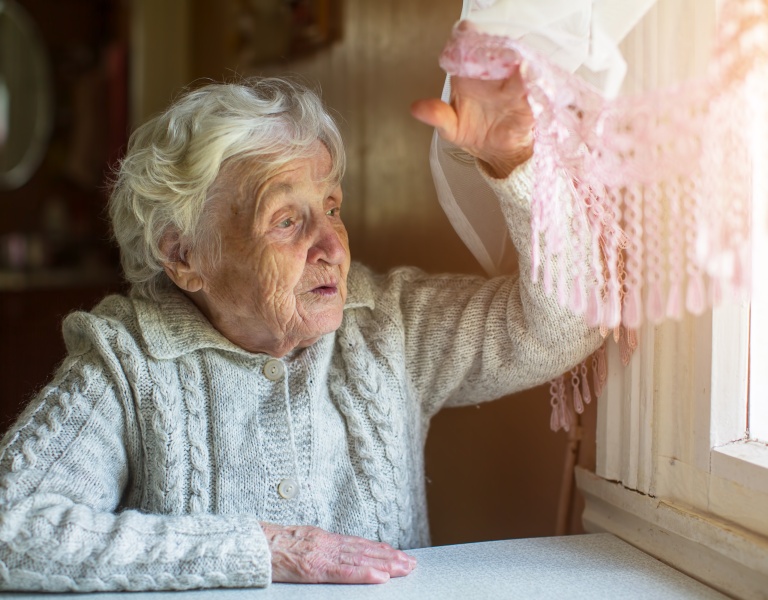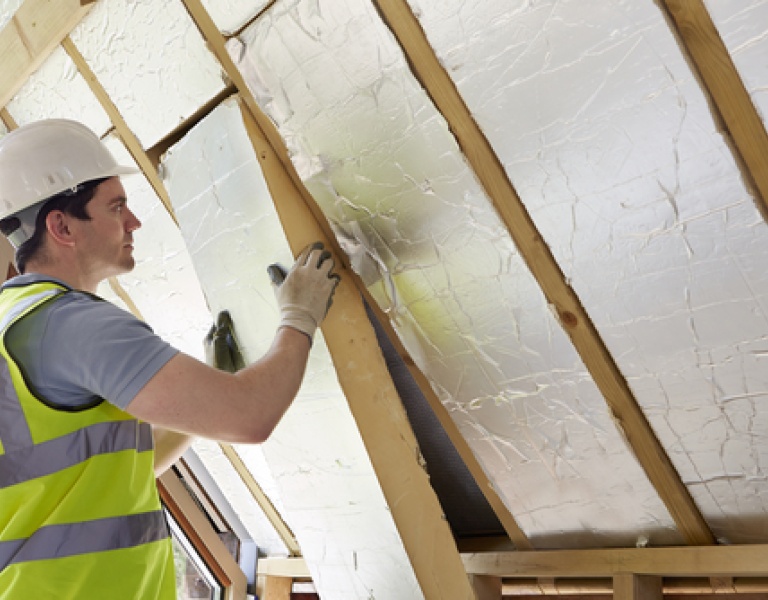Why warm houses for the elderly are important
When the weather outside is cold, living in an old house can be uncomfortable. This is particularly the case for those of an older generation.
What temperature should my house be?
As we age, our immune systems deteriorate. Cold and damp housing can lead to increased sickness including respiratory problems, colds and even hypothermia. Therefore, in colder weather, keeping yourself in a warm environment with good air quality is essential to staying healthy.
Many older houses in Ireland are not energy efficient. They perform poorly when compared to those built to the current building standards. In particular, rooms in older houses tend to have drafts unless the home has undergone an energy upgrade. Add up the all the areas where drafts are entering your home. You could be looking at the equivalent of a basketball-sized hole in your home.
The recommended temperature in home living areas is 20 degrees and 15 to 18 degrees in hallways and bedrooms. However, oftentimes homeowners do not know the temperature in each of their rooms.
A good tip from SEAI is to monitor the temperature of each room by placing a standard thermometer in it. You will then be able to identify cold spots and sources of drafts.
Is your or an elderly relative's house performing poorly in terms of containing heat? It might be worth considering an energy upgrade with grant support from the SEAI.
What SEAI grants are available?
We offer grants for a number of areas. Wall and attic insulation, heating controls, heat pumps, solar electricity panels, solar water heating and deep retrofit. On average, a home loses 20 - 30% of its heat through the walls. This is why wall insulation is the first thing a homeowner should invest in.
With heating controls, you can heat water without having to turn on the heating. It also allows for a split in zones between upstairs and downstairs. This allows for better energy management of a home.
If you have an old boiler and are looking to upgrade, we now have grants for heat pumps. These are electrical devices which convert energy from the air outside into useful heat. This happens in the same way a fridge extracts heat from its inside. They are very economical to run in well-insulated houses. Houses constructed after 2005 are generally well insulated and have a low heat loss. This makes them heat pump ready. Read some of the reviews on heatpumps in our blog here.
If you are interested in generating your own electricity, it might be worth considering solar electricity panels. A domestic solar PV system consists of a number of solar panels mounted to your roof or in your garden. It is then connected into the electrical loads within your building.
The other type of panel for your roof is a solar thermal system. They are specially designed tubes that heat water, which means you end up spending less on water heating bills.
If you are in receipt of certain welfare payments including fuel allowance, free energy efficiency upgrades are available through SEAI. You may be eligible for the scheme and your property suitable for upgrade works. We can help make your home warmer, healthier, and cheaper to run.
Next Step
Are you still undecided on whether or not your house needs an upgrade? We recommend talking to a reputable technical advisor, architect, or BER Assessor. They will be able to give guidance on the best energy upgrade suited to your home. You can download a list of Technical Advisors here.
Grants for Insulation and Heating Controls are available to all owners of homes built and occupied before 2006. Grants for Heat Pump Systems and Solar Water Heating are available to all owners of homes built and occupied before 2011.


